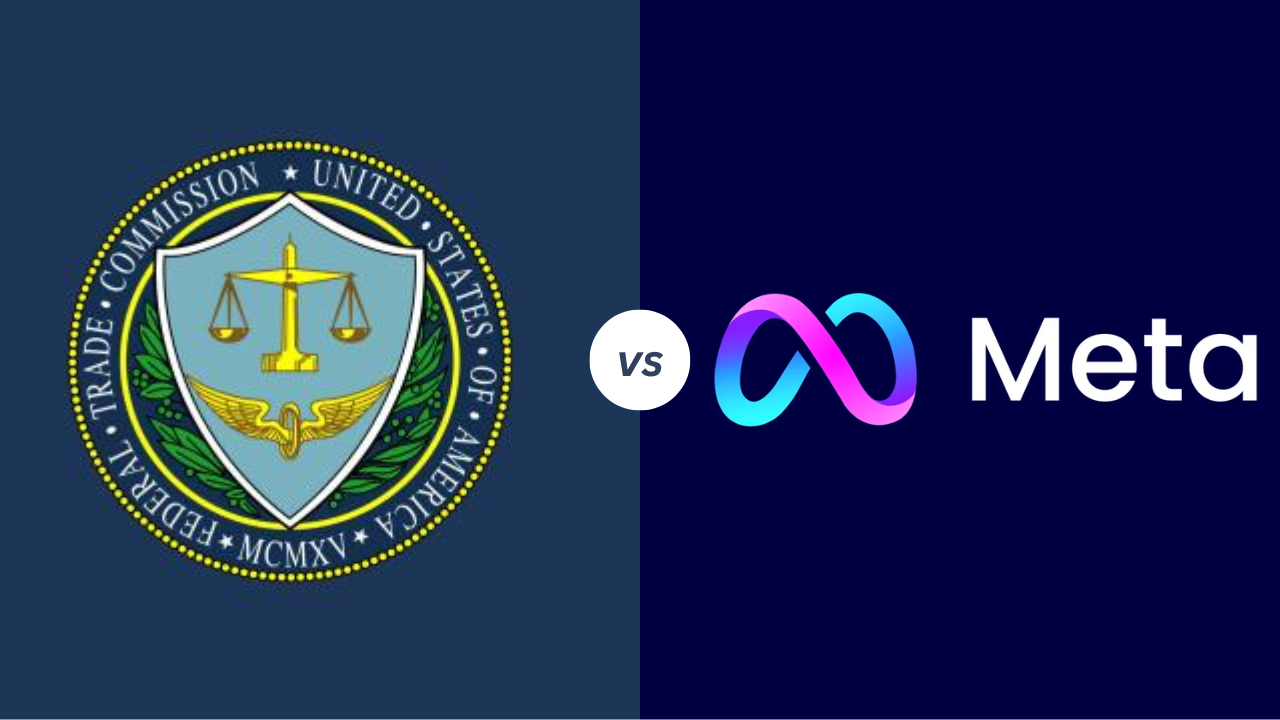Meta disputes monopoly claim, seeks dismissal of FTC lawsuit

Meta has asked a federal judge to dismiss the Federal Trade Commission’s (FTC) antitrust case against it, arguing that the agency failed to prove that the tech giant holds a monopoly or acted anti-competitively in acquiring Instagram and WhatsApp.
In a court filing submitted on Thursday, the parent company of Facebook claimed the FTC’s case, presented over a five-week trial, did not establish the central allegations of unlawful monopolisation of the personal social networking market.
“With the close of the FTC’s case, the trial record establishes that Meta Platforms, Inc. (‘Meta’) acquired Instagram and WhatsApp in order to improve them and expand its own portfolio of services – to better compete against many dynamic, innovative, and fierce rivals,” the company stated.
“Meta has made two promising mobile apps with uncertain prospects into two of the most successful apps in the world, enjoyed by approximately half of the planet’s population (including hundreds of millions of U.S. consumers) on demand, in unlimited quantities, all for free,” it added.
The FTC initially filed suit against Meta in 2020, claiming the company had acquired emerging competitors to entrench its dominance in personal social networking. The commission has alleged that the acquisitions of Instagram in 2012 and WhatsApp in 2014 formed part of a strategy to neutralise competition.
Meta, however, contends that the FTC’s definition of the relevant market, one focused on “friends-and-family sharing” via apps such as Facebook, Instagram, Snapchat, and MeWe, is overly narrow. It argues that it faces significant competition from broader platforms including TikTok, YouTube, and Apple’s iMessage service.
Meta described the FTC’s proposed market as a “fiction”, stating: “[Recent] data decisively refutes the claim that ‘friends-and-family sharing’ insulates Meta’s apps from competition from (among many others) YouTube, iMessage, and, most dramatically, TikTok, a disruptive entrant that forced Meta to transform Facebook and Instagram or risk precipitous decline.”
The company also rejected the suggestion that Instagram and WhatsApp would have evolved into significant competitors if left independent, asserting that its investments enabled the apps’ global growth.
Meta CEO Mark Zuckerberg, who reportedly sought a settlement with the Trump administration in the lead-up to the trial, was the FTC’s first witness and spent three days giving evidence.
With the FTC having rested its case, Meta is now set to present its defence. The outcome carries significant implications for the tech sector. Should the court side with the FTC, it could pave the way for potential structural remedies, including the breakup of parts of Meta’s business.
News